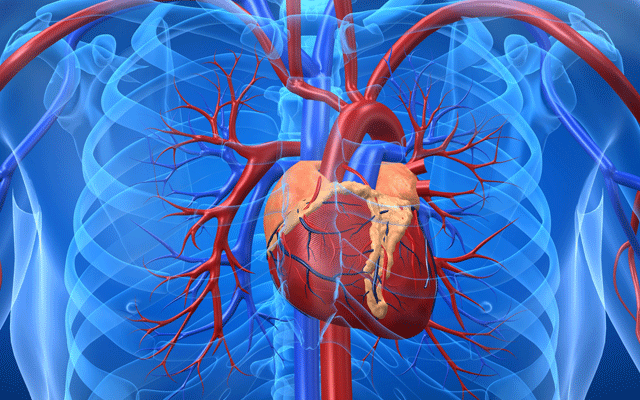
The results of PRECLUDE, an analysis of data from the ongoing SWEDEHEART quality registry, show that in people with multivessel disease, the risk of a further myocardial infarction remains from occluded arteries that were not stented at the time of their first event.
Published in the Journal of the American Heart Association, the findings may impact future decisions on the type and duration of medical treatment following an initial myocardial infarction.
PRECLUDE is a real-world observational cohort study in 108,615 patients who had experienced a first myocardial infarction and were enrolled in the SWEDEHEART (Swedish Web-system for Enhancement and Development of Evidence-based Care in Heart Disease Evaluated According to Recommended Therapies) quality registry between 2006 and 2014. The researchers followed patients in the registry who had undergone PCI for occluded arteries linked to their myocardial infarction and checked if subsequent heart attacks were caused either by these culprit lesions or by previously unstented occlusion.
Of the patients who underwent percutaneous coronary intervention (PCI), culprit lesions for the index heart attack were identified in 44,332 cases: 3,464 (8%) had another myocardial infarction of which 1,243 (36%) originated from a non-culprit lesion and 655 (19%) from the culprit lesion at some point during follow-up (median of just over three years).
Stefan James (Uppsala University Hospital and Uppsala Clinical Research Center, Uppsala, Sweden), says: “We know that a substantial proportion of patients who undergo a successful PCI following a heart attack go on to experience further events. The PRECLUDE analysis is significant because it makes clear that this risk is also driven by existing occlusions left untreated with PCI and stenting. The results reinforce that stenting alone is not enough and that effective secondary prevention medication is needed to reduce this real risk of repeat heart attacks.”












